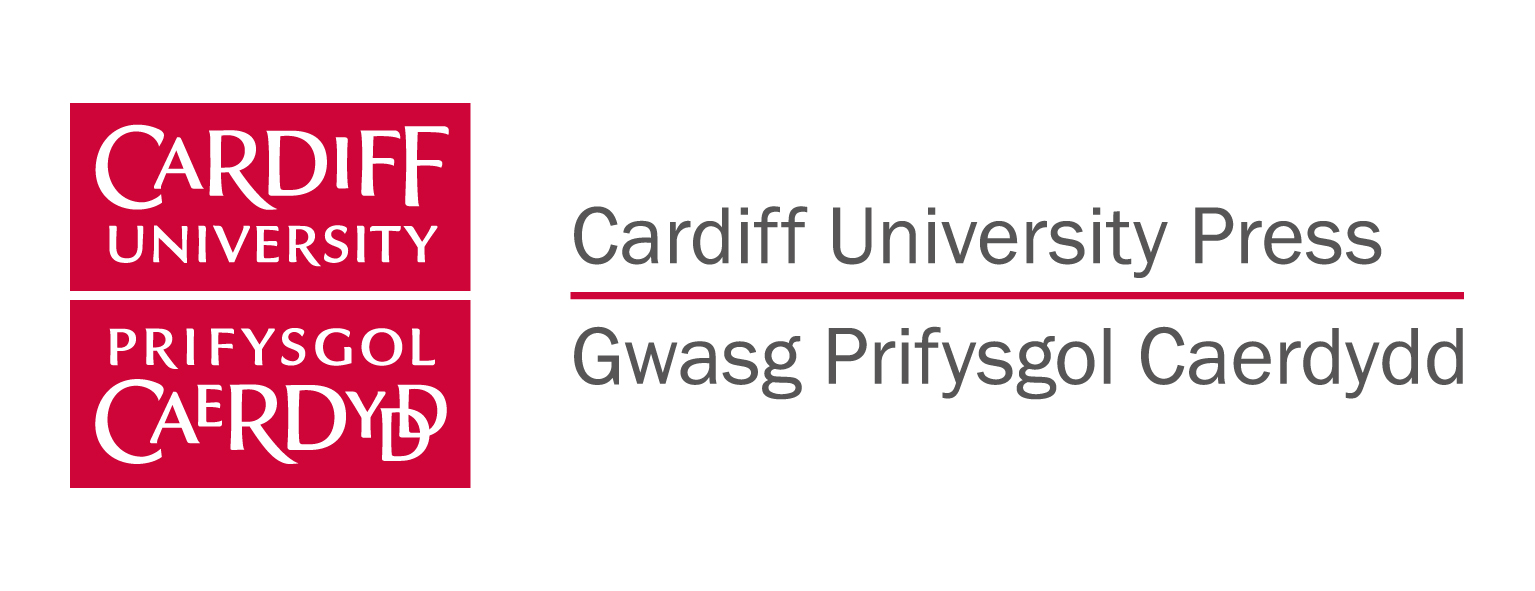Home » Items tagged with 'William Wordsworth'
Items tagged with 'William Wordsworth'
Review: Saeko Yoshikawa, William Wordsworth and the Invention of Tourism, 1820–1900 (rev.)
At the conclusion of his speech unveiling the Memorial Fountain at Cockermouth, H. J. Palmer declaimed ‘Poets are born, not made’, but, as Saeko Yoshikawa demonstrates throughout William Wordsworth and the Invention of Tourism, national figures … Continue reading
Review: Julia S. Carlson, Romantic Marks and Measures: Wordsworth’s Poetry in Fields of Print (rev.)
In the 1805 version of The Prelude, William Wordsworth emphatically addresses Samuel Taylor Coleridge as ‘Friend!’ several times (Carlson, p. 226). As Julia S. Carlson notes in Romantic Marks and Measures: Wordsworth’s Poetry in Fields of … Continue reading
Review: Mark J. Bruhn, Wordsworth before Coleridge: The Growth of the Poet’s Philosophical Mind, 1785–1797 (rev.)
A number of profound intellectual contexts—Burkean politics, Lockean empiricism, Wartonian historicism and Hartleyan psychology, among them—have long proven indispensable to the study of Wordsworth’s poetry. Many of these contexts seem to be incompatible with the … Continue reading
Post: Teaching Romanticism XVII: Romanticism and the City, Part 2

As part of this ongoing series on Teaching Romanticism we will consider the ways in which we lecture on and discuss individual authors, whether during author-specific modules or broader period surveys. I thought it would … Continue reading
Review: Chase Pielak, Memorializing Animals during the Romantic Period (rev.)
Chase Pielak’s Memorializing Animals during the Romantic Period explores the disruptive potential of animals in British Romantic literature and the surprising encounters that they induce, both in life and from beyond the grave. For this … Continue reading
Review: Mark Sandy, Romanticism, Memory, and Mourning (rev.)
Mark Sandy’s latest monograph, Romanticism, Memory, and Mourning, builds upon his previous work on Romantic subjectivities, legacies and constructions of place. This study unites these previous interests in an exploration of how the language of … Continue reading
Post: Teaching Romanticism XII: William Cowper
by Daniel Cook As part of this ongoing series on Teaching Romanticism we will consider the ways in which we lecture on and discuss individual authors, whether during author-specific modules or broader period surveys. I … Continue reading
Post: The Evolution of the Romantic Fairy
by Jo Taylor At the Cheltenham Science Festival last week, Richard Dawkins asked the audience if encouraging childhood beliefs in fairies and fairy tales was a good thing. Might belief in these kinds of fantasies … Continue reading
Post: Joseph Gerrald’s Bones
by Elias Greig Some mighty gulf of separation passed I seemed transported to another world William Wordsworth, Salisbury Plain (1793) From where I sit most days and work (or don’t) on my dissertation, I’m lucky … Continue reading
Post: Teaching Romanticism V: William Wordsworth
by Daniel Cook As part of this ongoing series on Teaching Romanticism we will consider the ways in which we lecture on and discuss individual authors, whether during author-specific modules or broader period surveys. I … Continue reading
Post: Introductory Post: Wordsworth’s Long Walk to the Lyrical Ballads

by Elias Greig I’m Elias Greig, a PhD student at the University of Sydney, and the Postgraduate Representative for the Romantic Studies Association of Australasia. I’m also, for better or worse, a Wordsworthian. In deference … Continue reading
Article: Copyright, Authorship, and the Professional Writer
Our modern conception of authorship founded on the Romantic ideal of individualism finds purchase and root in the figure of William Wordsworth. Using Wordsworth as a case study, Jacqueline Rhodes draws attention to ‘the critical abnormality’ of Wordsworth’s ‘Preface’ to his two-volume Poems by William Wordsworth (1815). Rhodes explains how ‘the culmination of the century-long development of the radical textual individual: the professional writer’ sees a change in the cultural meaning, and legal definition, of authorship in the eighteenth century, with the move towards author-centric rather than publisher-centric copyright laws. Rhodes demonstrates how authorship and copyright came to be applicable and how ideas of individual creativity, original genius and the solitary author in the context of the European Enlightenment sees plagiarism demonised and individuality valorised. Discussing the emergence of professional writers, and their payment as concurrently respectable, Rhodes charts how authorship is constructed and how the move towards a 42-year copyright period (1842) was based not only on ‘[t]he increased industrialisation of products in the eighteenth century [that] led to an increased commodification of culture, including textual culture’ but the ‘Romantic idea of ‘inspiration’’ which Rhodes argues contributes directly ‘to the idea of textual ownership’ and ‘text-as-capital and author-as-owner’. Continue reading
Article: Wordsworth’s ‘Library of Babel’
In ‘Bibliomania: Book Collecting, Cultural Politics, and the Rise of Literary Heritage in Romantic Britain’, [1] Philip Connell argues that the decade of the 1810s saw the rise of diverse strains of bibliomania involving the … Continue reading
